
Understanding the Difference Between igi and gia Certification
In the realm of diamonds, certification holds paramount importance. It assures buyers of the quality and authenticity of their precious gemstone investment. Two of the most renowned certification authorities in the diamond industry are the International Gemological Institute (igi) and the Gemological Institute of America (gia). While both serve the purpose of evaluating and certifying diamonds, they have subtle yet significant differences. Understanding these disparities is crucial for making informed decisions when purchasing diamonds.
What is igi Certification?
The International Gemological Institute (igi) is a prominent gemological laboratory that specializes in grading and certifying diamonds, gemstones, and jewelry. Founded in 1975, igi has established itself as a global leader in diamond certification, with laboratories across the world.
Key Features of igi Certification:
- Comprehensive Grading Process: igi employs a meticulous grading process that evaluates lab diamonds based on the four Cs – Cut, Color, Clarity, and Carat Weight. Each diamond undergoes thorough examination by certified gemologists to determine its quality attributes.
- Reliable and Trusted: igi certification is recognized and respected worldwide for its accuracy and integrity. Diamonds certified by igi are regarded as authentic and of high quality, instilling confidence in buyers.
- Innovative Technologies: igi utilizes state-of-the-art gemological equipment and advanced technologies to assess diamonds with precision and consistency. This ensures that the grading process is thorough and reliable.
What is gia Certification?
The Gemological Institute of America (gia) is a non-profit organization dedicated to research and education in the field of gemology. Established in 1931, gia is renowned for its contribution to gemological knowledge and its stringent grading standards.
Key Features of gia Certification:
- Industry-leading Research: gia is at the forefront of gemological research, continuously advancing the understanding of lab created diamonds and gemstones. Its research findings influence industry practices and standards.
- Rigorous Grading Standards: gia adheres to strict grading standards that are widely regarded as the benchmark in the industry. Diamonds certified by gia undergo thorough examination by highly trained gemologists using standardized grading criteria.
- Educational Resources: gia provides comprehensive educational resources for both industry professionals and consumers. These resources empower individuals to make informed decisions when purchasing diamonds and gemstones.
Understanding the Differences:
While both igi and gia are reputable certification authorities, there are differences in their grading methodologies and standards.
Grading Criteria:
- igi: igi assesses diamonds based on the four Cs – Cut, Color, Clarity, and Carat Weight. Its grading criteria may be slightly more lenient compared to gia, resulting in potentially different grades for the same diamond.
- gia: gia employs strict grading standards and consistency in its evaluations. Its grading reports provide detailed information about a diamond’s characteristics, including microscopic examinations and diagrams.
Reputation and Recognition:
- igi: igi is recognized globally for its certification services and is trusted by many in the diamond industry. Its certificates are widely accepted, especially in regions where igi has a strong presence.
- gia: gia enjoys unparalleled recognition and reputation as the leading authority in gemological research and education. Diamonds certified by gia often command premium prices due to the institute’s esteemed reputation.
Consumer Preference:
- igi: Some consumers may prefer igi-certified diamond earrings for their potentially more favorable grading and competitive pricing. igi-certified diamonds offer a balance between quality and affordability.
- gia: Many consumers prioritize gia certification due to its strict standards and comprehensive grading reports. gia-certified diamonds are favored for their assurance of quality and investment value.
Conclusion:
In conclusion, both igi and gia are esteemed certification authorities in the diamond industry, each with its own set of advantages and considerations. Whether choosing an igi or gia-certified diamond depends on individual preferences, budget, and intended use. However, it’s essential to prioritize purchasing diamonds with reputable certification to ensure authenticity and quality

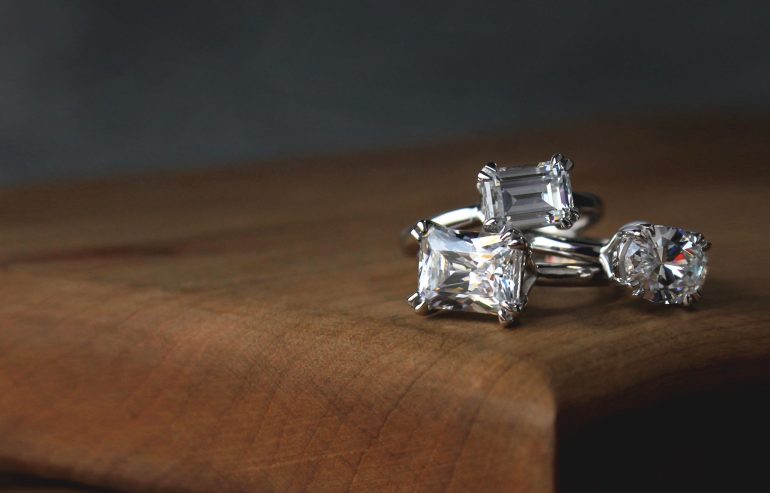



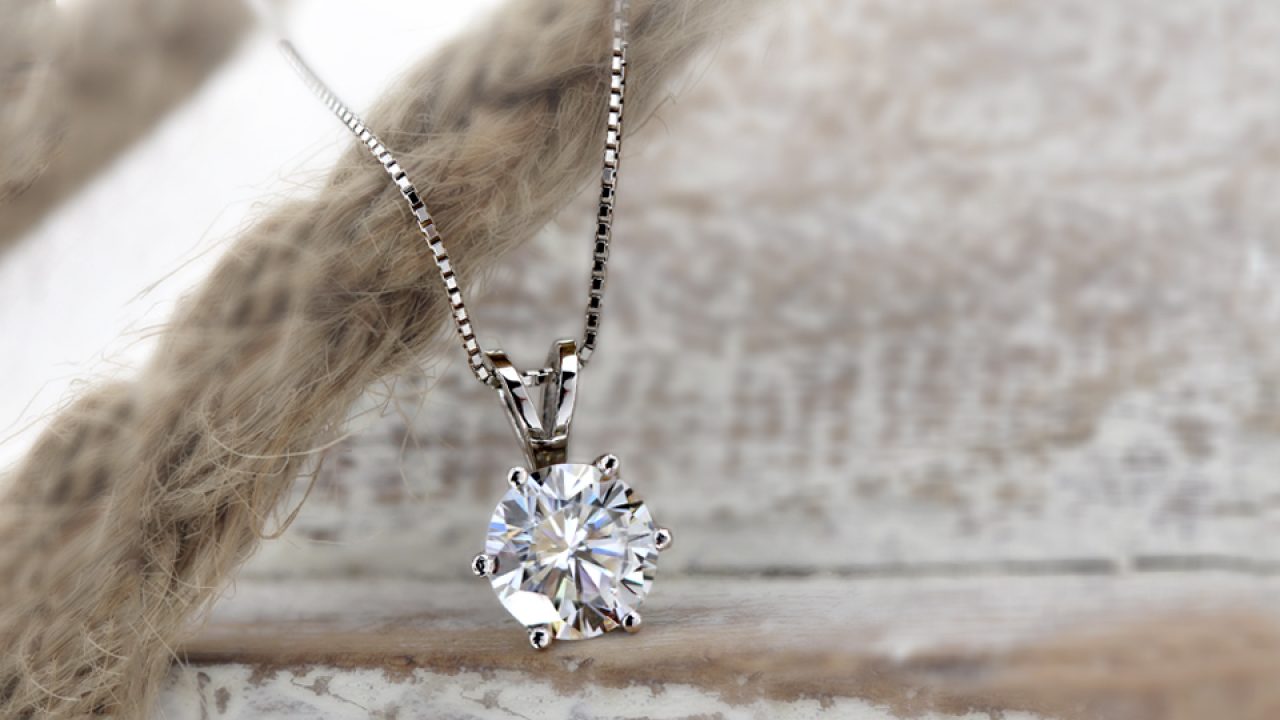
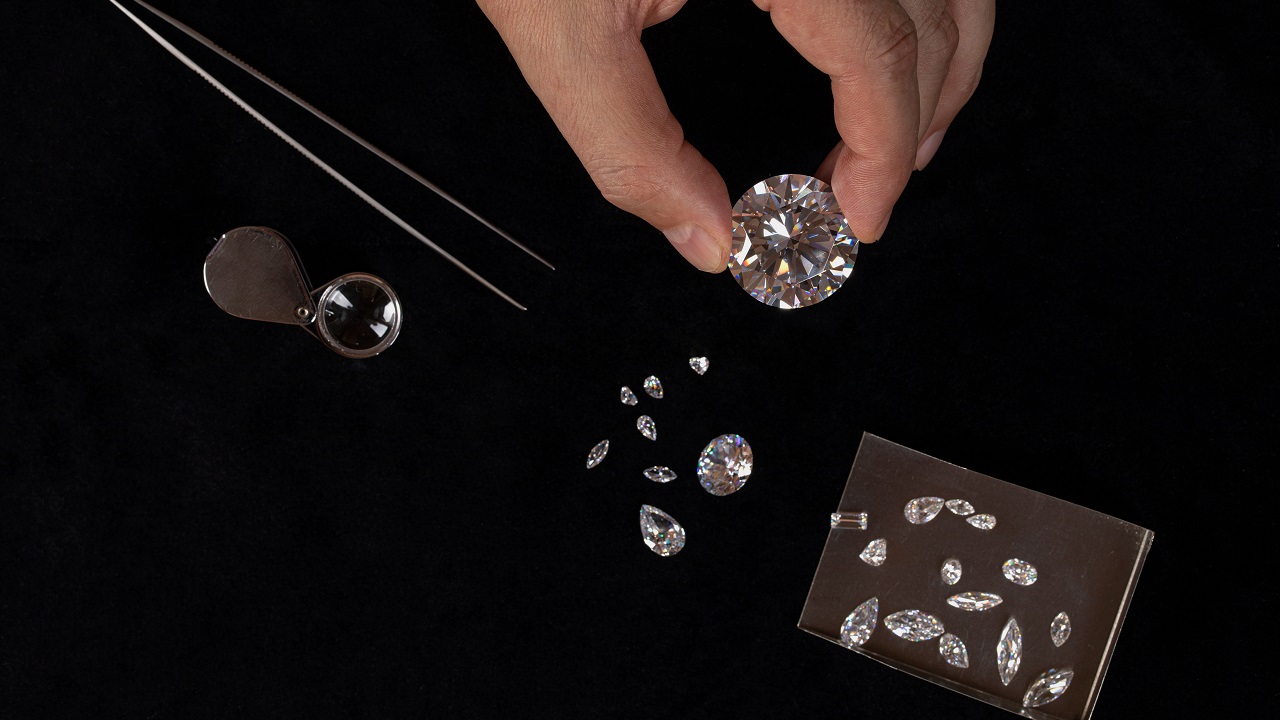


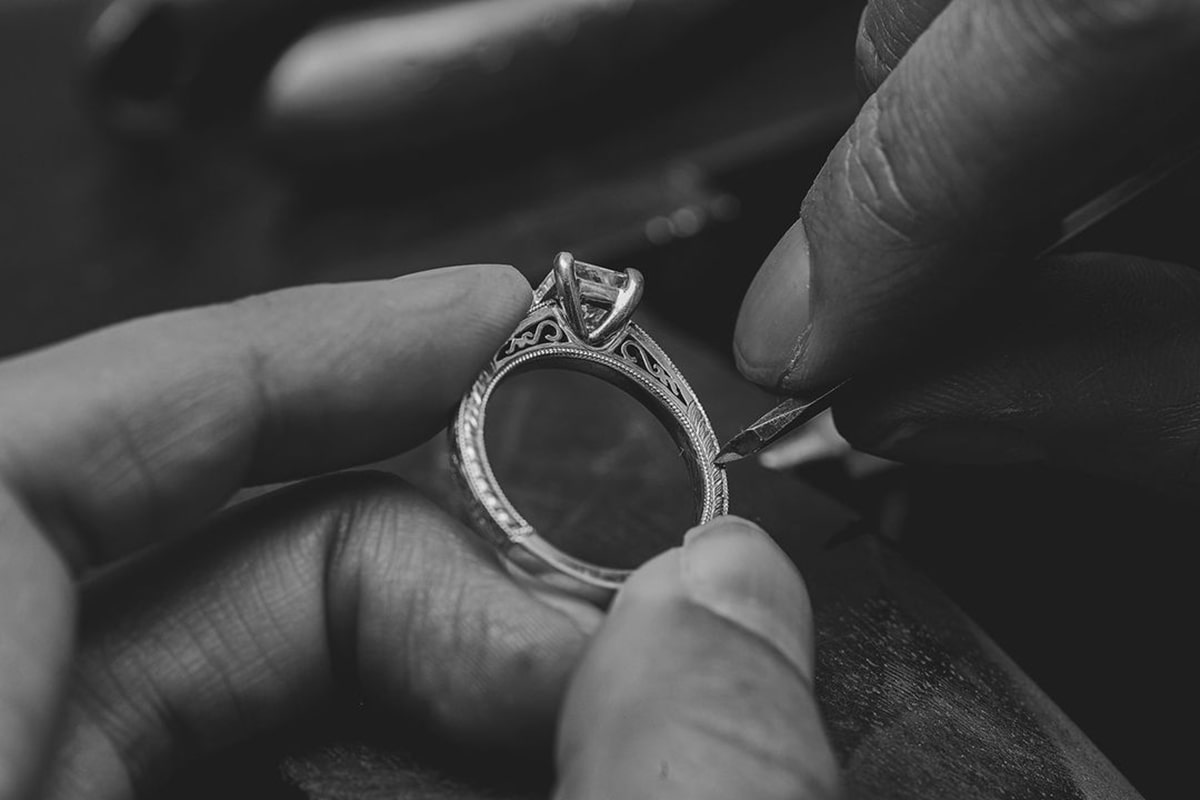
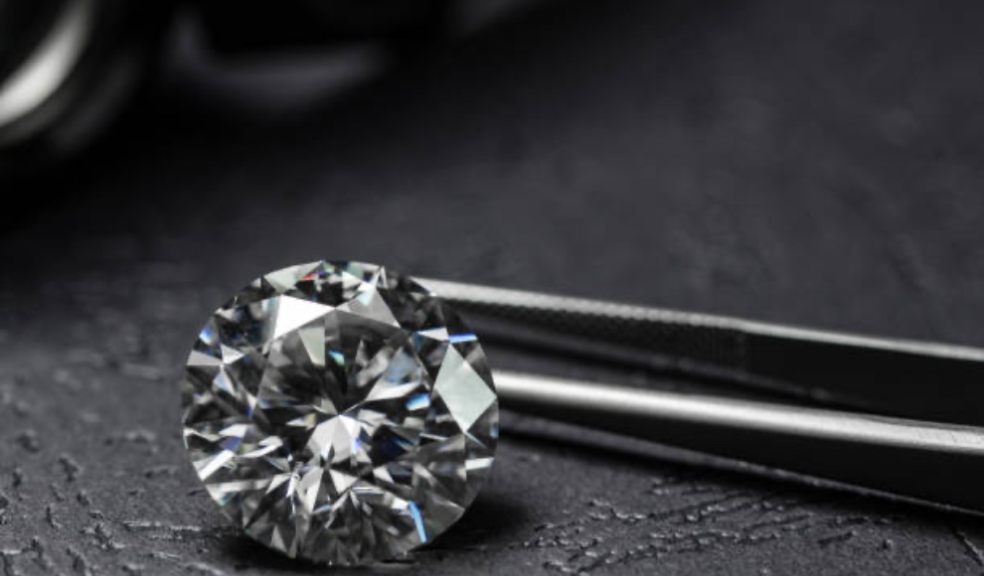
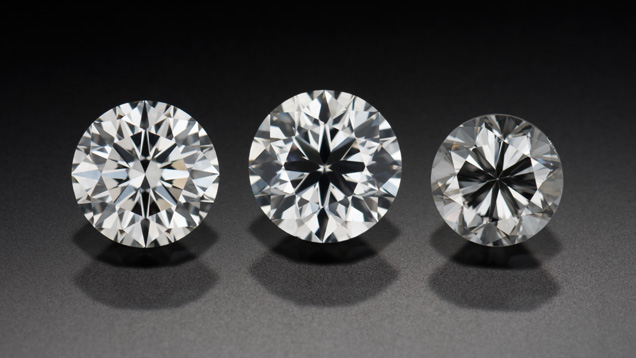



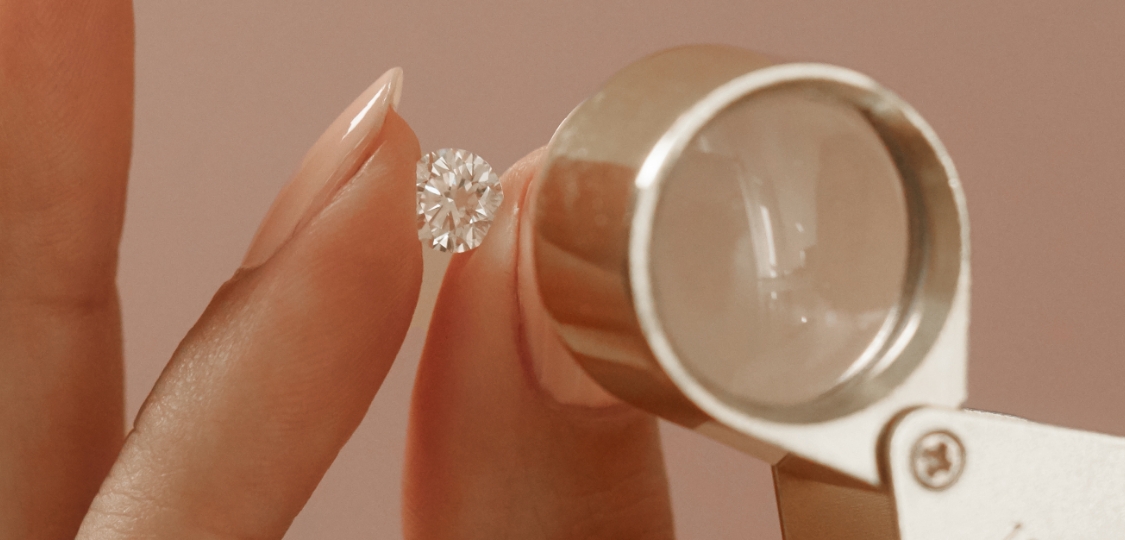
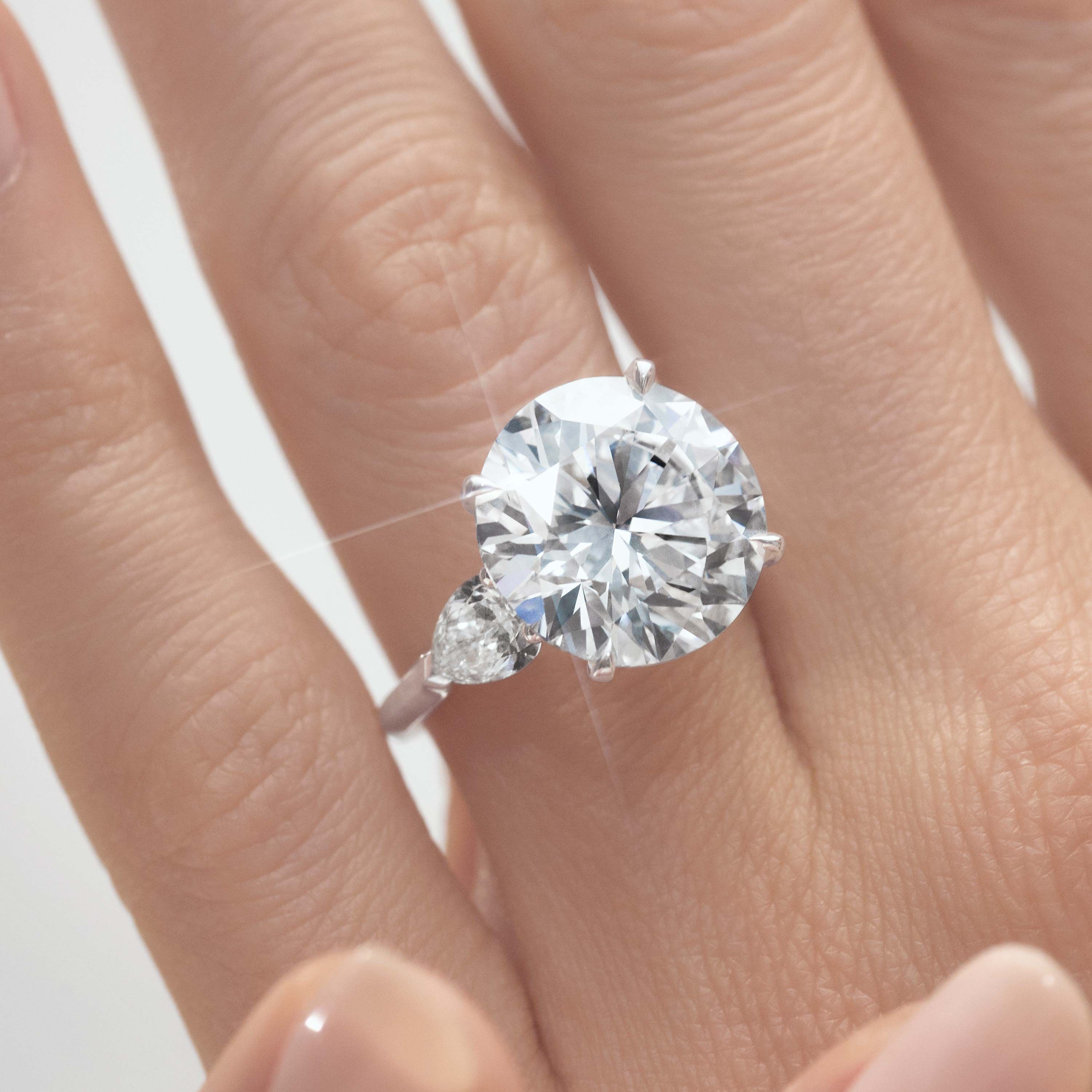

![How To Resolved General Error [pii_email_1bfaefb1e4a1b279c236] in 2022? How To Resolved General Error [pii_email_1bfaefb1e4a1b279c236] in 2022?](https://www.syntaxbusiness.com/wp-content/uploads/2021/10/pii_email_2299ef7e88c45e07ec86.jpg)